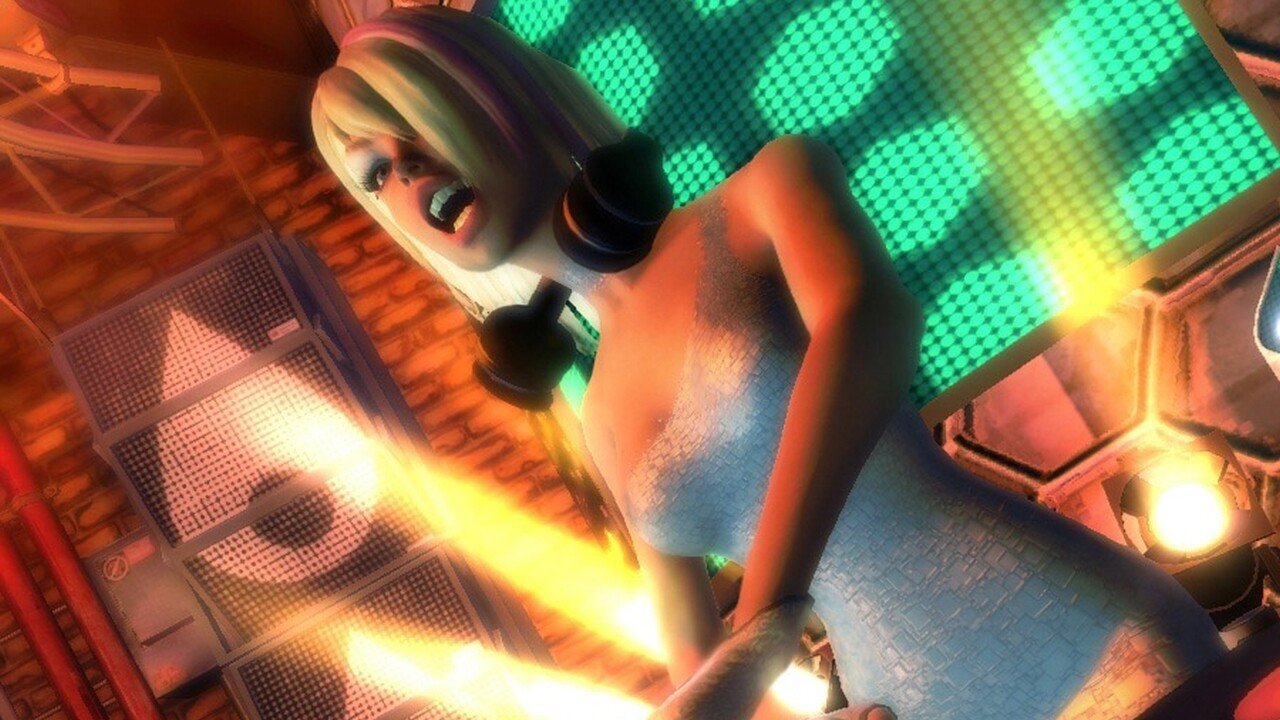Of all the reviews I’ve written for C&G Monthly, I’ve never felt as conflicted as I did after typing up my summary of DJ Hero 2. I enjoyed the game, but I ran into a couple of crippling bugs that seemed to be unique to my console. Still, I can only grade games based on my own experiences and I feel that I have an obligation to assign scores that reflect flaws just as much as strengths.
I’m not trying to review DJ Hero again, and I’m not telling you that you shouldn’t like the game. The point is only that the low score was primarily a matter of principle, and it hints at something that’s been bothering me for a while.I happen to believe that a game developer’s single most important job is to ship a functional game to store shelves. To me, this is non-negotiable. Failing to deliver a game that works violates the traditional consumer-producer agreement.
Unfortunately, notions of quality control don’t seem to matter in gaming, a fact that has become particularly evident in the past month. Multiple AAA releases have appeared with game-breaking bugs that should have been fixed in QA. Fallout: New Vegas may be the most egregious offender – and you need only visit a New Vegas message board to know what I’m talking about – but it’s hardly an exception.
You can blame the publisher, or continue to insist that a game’s good parts outweigh the bad parts, but that kind of enabling behavior needs to stop. Now. Because things won’t get better until we refuse to justify subpar design and the excuses are holding the entire industry back.
Whether you’re making a movie, a play, or a game, there’s always an individual that gets paid to be the bad guy, someone who will step in and tell the director that some great ideas will have to be excised in order to meet budgets and schedules. That’s the reality of entertainment. Eventually, you stop adding new things and start polishing what you already have.
Good companies design for the deadline and are always conscious of the intended release date. Even Activision, which takes a lot of flak for pushing things out the door ahead of schedule, does a decent job of churning out competent games (DJ Hero 2 excepted). Neither Spider-Man: Shattered Dimensions nor Singularity was particularly innovative, but they were both solid titles without any game-breaking flaws.
There’s something to be said for being able to deliver with that kind of consistency, in the same way that there’s something to be said for an action movie starring Jason Statham, and nobody is asking for perfection. Movies are filled with continuity errors and some bugs – like the invisible cougars in Red Dead Redemption – are more endearing than annoying.Even so, games should be held to certain standards for technical competency, and fan boy excuses don’t have any merit while other studios continue to create functional products.
Remember the version of X-Men Origins: Wolverine that leaked onto the Internet with incomplete special effects? Imagine the backlash if 20
Century Fox had released that version in theatres and told paying customers that CGI would available three weeks later. It’d be absurd, and the studio would rightfully receive a public flogging for offering a product that was only half done. Somehow, we’re giving game developers a free pass – and even showering them with praise – for being professionally irresponsible, and it’s nothing short of embarrassing. It lets developers know that not only will we allow them to walk all over us, we’ll ask them to put their cars in reverse and run over us again.
It’s time to start holding lazy developers accountable. I don’t care how awesome your game is if nobody can play it.



